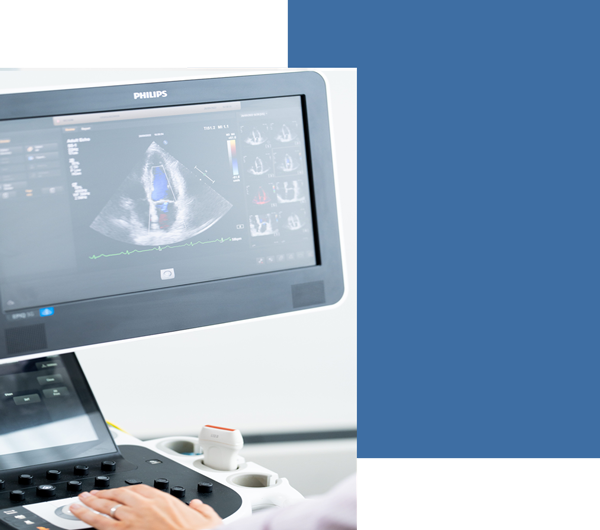Coronary Artery Disease
Coronary Artery Disease

What is Coronary Artery Disease
Coronary Artery Disease – also called Coronary Heart Disease or Ischaemic Heart Disease – is when fatty substances build up inside the arteries of the Heart. This causes narrowings or blockages resulting in less blood and oxygen reaching the heart muscle.
The worst-case scenario is when the blood flow to the Heart Muscle is completely cut off. This is called a myocardial infarction or heart attack.
What are the main symptoms of Coronary Artery Disease?
Coronary Artery Disease usually develops slowly over time and not everyone has the same symptoms. Sometimes, symptoms may go unnoticed until a blockage causes problems – like a heart attack.
The main symptoms are:

How is Coronary Artery Disease diagnosed?
It all starts with a thorough assessment of your symptoms when you come to your appointment. I’ll be asking detailed questions about your symptoms and you’ll receive a comprehensive physical examination.
Further diagnostics tests may be required like:

What are the treatments for Coronary Artery Disease?
The treatment will be tailored to your needs and can be managed effectively in 3 ways:





